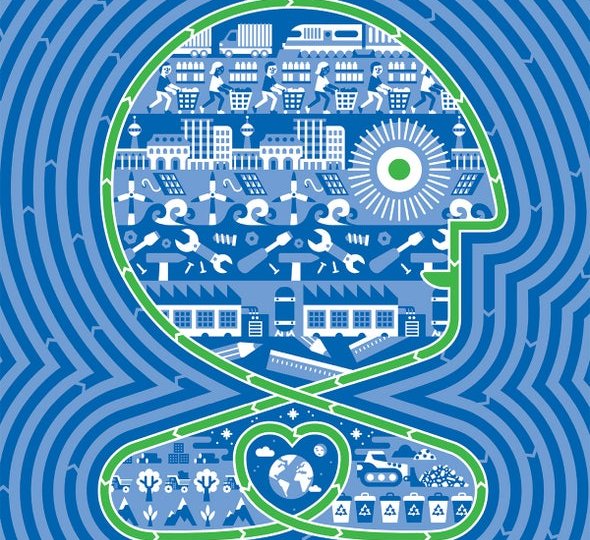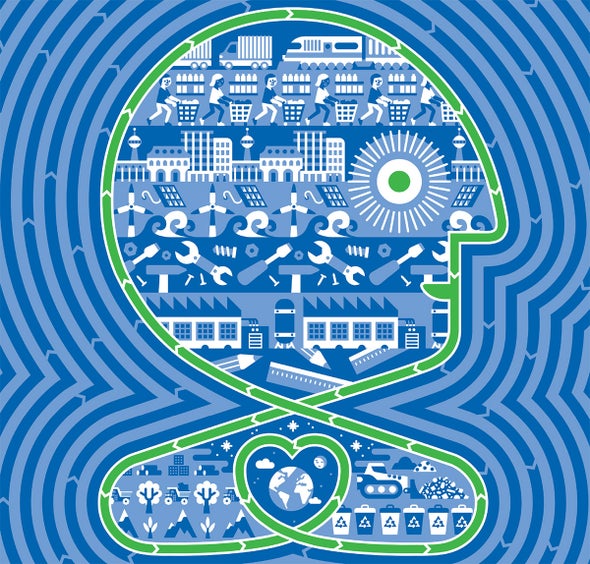

At a family gathering in August, I gave a brief tribute to my mother on the occasion of her 90th birthday. As the guests sipped their coffee in the warm summer air, I ticked off a dozen or so pieces of wisdom that she has imparted to her family over the decades. One insight that I credited to her was an aversion to waste. In our household, items such as clothes and toys would have multiple lives before being thrown out, and leftover food would be transformed into tomorrow’s lunch. In other words, my mother was an early advocate of the circular economy, in which materials and products have multiple iterations, and the waste of one process loops back and becomes the input for another.
For people of her generation, these are commonly held values. But younger generations have largely strayed from these ideas, opting instead to produce and consume more and more. Some of the waste is recycled, but that only goes so far towards addressing the problem that the planet has limited resources to offer.
The finiteness of this supply distinguishes materials from energy. There’s little doubt that in the future we will be able to capture more solar power and even build nuclear fusion reactors to abolish energy scarcity forever. But for material resources, no such technology is in view.
That’s what makes the research reported in this Outlook so important. As the world sets out to put its economies on a sustainable footing, this Outlook looks at the progress and barriers to the sustainable use and re-use of plastics; electronic devices such as mobile phones; building materials; and clothing and other textiles. It also examines the transition of biofuels to a more environmentally friendly form that will foster less soil-depleting and carbon-producing agriculture, and the urgent need to become better stewards of Earth’s water resources. Two researchers also debate whether plastic recycling is central to the advancement of the circular economy, or a counterproductive distraction from the need for more fundamental change.
We are pleased to acknowledge the financial support of Google in producing this Outlook. As always, Nature retains sole responsibility for all editorial content.
